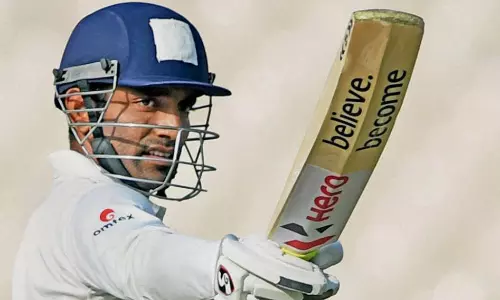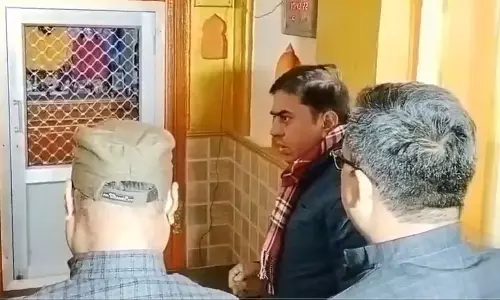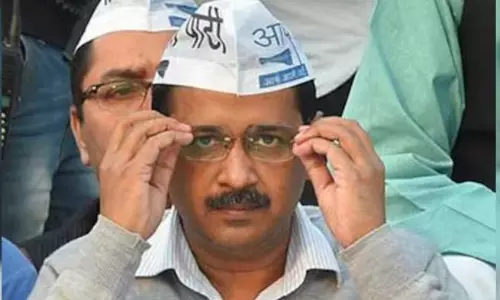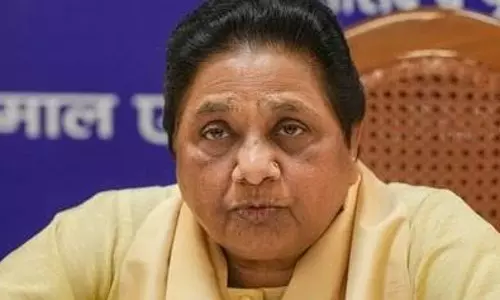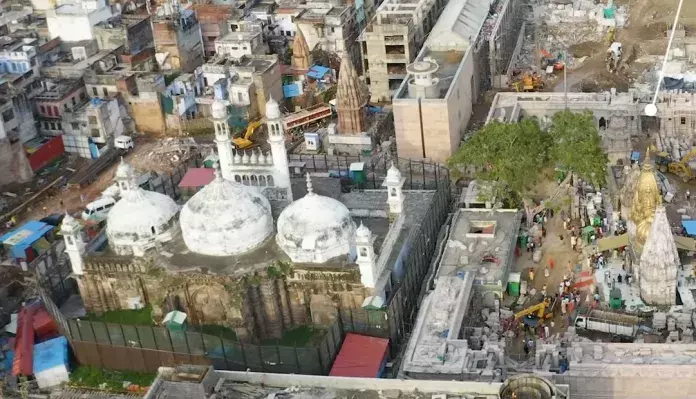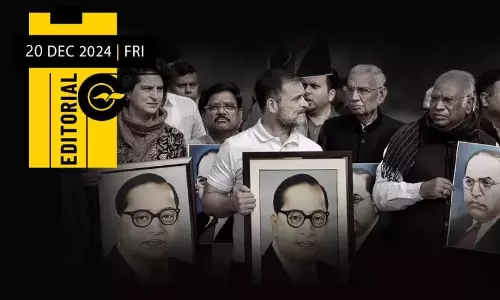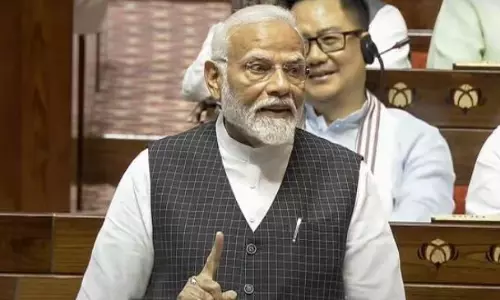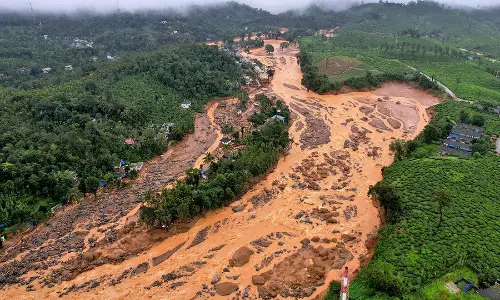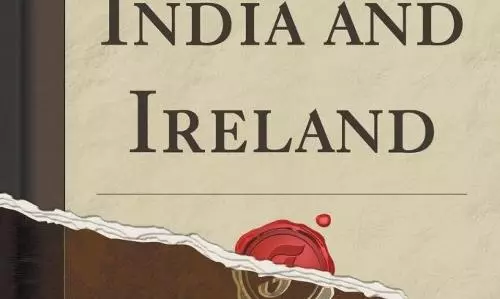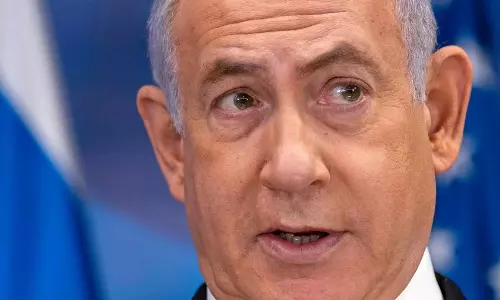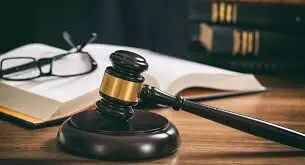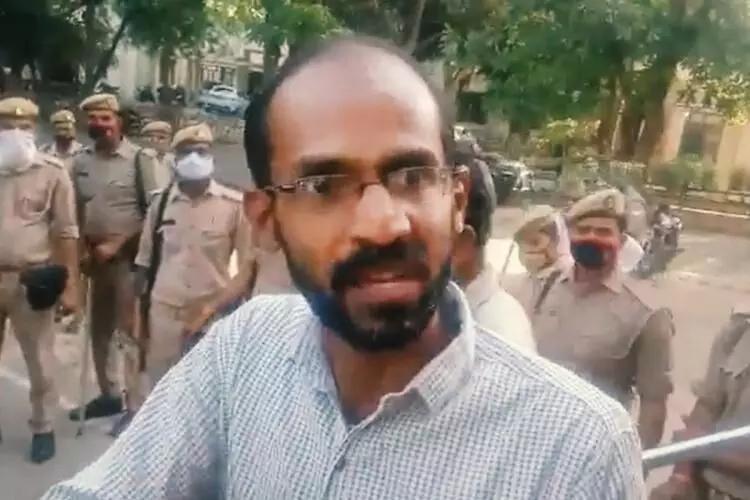
What if the executive is held guilty?
text_fieldsJournalist Siddique Kappan has been released on bail. Also those who were imprisoned during the citizenship protests in Delhi's Jamia Nagar, including student leaders Sharjeel Imam and Asif Iqbal Tanhya, have been acquitted too - both are happenings that give relief that justice is being served, albeit at a slow pace, but not without leaving several questions. How can the Judiciary justify the delay in administration of justice when the case and the procedure itself turn out to be the punishment? Shouldn't the judiciary be able to prevent the executive's unconstitutional power and abuse of law to detain anyone on false charges? When the courts have an obligation to ensure the security and liberty guaranteed by the Constitution to the citizen, who should take the initiative to correct the wrong, and where? Who is bound to prevent the administration of justice from turning into a big farce, with officials prosecuting cases unfairly and administrations exerting undue pressure to do so enjoying so much impunity? When we have black laws like the UAPA which are unconstitutional and proven to be abused, isn't the power of the courts being effectively subjected to the whims of the executive?
After a Dalit girl was murdered in Uttar Pradesh's Hathras, Siddique Kappan was on his way to the place when he was arrested. The police arrested him and his fellow-travellers on charges of trying to create riots and later added charges of terrorism and money laundering, thus making the law a weapon of injustice. The police, who initially argued in the Supreme Court that the claim of being a journalist was only a cover, withdrew that argument but not before ensuring his arrest by slapping charges under UAPA. The basis of the case was not his being involved in any crime, but his venturing to report the tragic tale of a girl. Chief Justice UU Lalit said “Every person has a right to free expression, he was trying to show that victim needs justice and raise a common voice” for the girl who was tortured, believing that she should get justice. Justice Lalit pointed this out while granting bail. But by that time, the executive had filed a financial offence case so that he would not be released. Despite the Allahabad High Court granting bail in that case the other day, the order was delayed by a day in the jail. Thus even the courts, which proclaim bail as law and jail as exception, are made to wait and see. In the cases against Siddique Kappan, trial proceedings are still pending. But by this time, he has had to spend two and a half years in jail. How many more such incidents! The Delhi court's verdict acquitting 11 accused in the citizenship strike case, including Sharjeel Imam, is also an indictment against the police. The protesters were detained for more than three years in many cases in many states. As a result, an accused cannot be released just because he is acquitted in one case. At the same time, the Saket court, in its verdict acquitting 11 accused, says that the Delhi Police did not arrest the real culprits. The police scapegoated the protestors by charging fabricated cases. The police who pretend not to hear inflammatory hate speeches, use unjust laws and systems to imprison innocent people. As the court itself points out, the real criminals are not caught. Even dissent is considered a crime.
The silver lining is indeed that the judiciary is seized of this widespread practice in India and acquitted those involved in false cases. This amounts to a declaration that the court can restore civil liberties and establish justice. At the same time, isn't action necessary to prevent abuse of power which was clearly pointed out by the courts? Doesn't true justice consist in stopping injustice at its source rather than saying it was wrong after it has happened? This has been the subject of extensive discussions including in the judiciary on which courts have often made observations and suggestions. One of them is to identify and punish officials and authorities who torture innocent people with false cases, take life, wealth and families from them. Laws like UAPA and PMLA which are only used by the state for torture, should be reviewed. There is case for a judicial commission to be appointed to study such existing cases. Steps should be taken to remove laws that are unjust and inconsistent with the spirit of the Constitution. In addition, it should be laid down as the responsibility of the state to give compensation to those who have been subjected to injustice and had to remain in prisons as victims of the state. After all, the role of the judiciary, the custodian of the Constitution, is not limited to justly deciding the cases that come before it.




